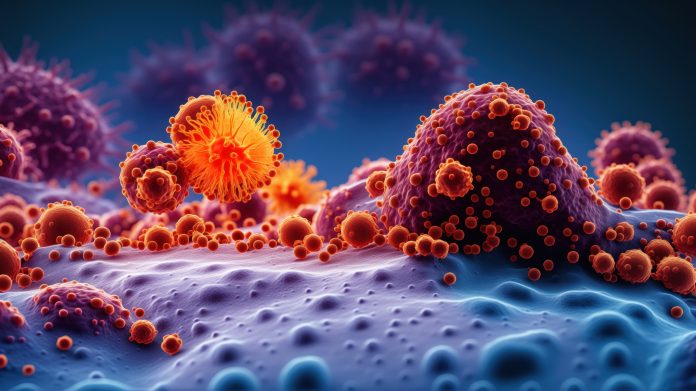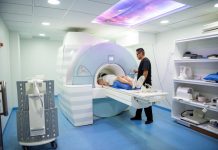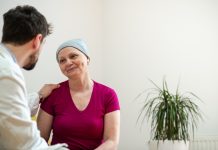A new drug development could help those battling pancreatic cancer, one of the most challenging cancers to treat
Pancreatic cancer claims over 50,000 lives annually in the United States alone. It has long been considered one of the most challenging cancers to treat due to its limited treatment options and poor prognosis.
Targeting cancer-causing mutation
However, a new candidate drug developed by researchers offers hope for patients and healthcare professionals. Published in the journal Nature Chemical Biology, the study outlines the development of a molecule designed to target a specific cancer-causing mutation known as K-Ras G12D.
This mutation, responsible for nearly half of all pancreatic cancer cases and present in other forms of cancers has long stopped conventional treatment approaches.
This innovative drug developed by the UCSF team aims to permanently modify this mutation, potentially presenting pancreatic cancer as a treatable or even curable.
Improving outcomes for pancreatic cancer patients
Led by Dr. Kevan Shokat, a professor in the Department of Cellular and Molecular Pharmacology, the research marks a significant milestone in improving outcomes for pancreatic cancer patients.
Adding to previous work that has targeted a different K-Ras mutation, G12C, the team’s latest breakthrough represents a step forward in addressing the challenges of pancreatic cancer.
The new drug is successful because of its ability to distinguish the difference between healthy and cancerous cells with the K-Ras G12D mutation.
The molecule’s precise interaction with the mutated protein makes this selective targeting possible, effectively inhibiting tumour growth without harming healthy tissues.
Through experimentation and chemical refinement, the researchers identified a molecule that binds tightly to the cancer-causing mutation and exhibits minimal off-target effects.
Treating other forms of cancer
Although the researchers expressed that they encountered challenges during this drug development, they discovered a molecule that meets the criteria for effectiveness and demonstrates promise in preclinical models of pancreatic cancer.
“It was a lot of trial and error, tweaking the branches of these molecules to position them in this incredibly tight space around G12D. Some got close, then failed, and we would start over.” Shokat said.
As the K-Ras mutation is prevalent in other cancers, including lung, breast and colon, these new understandings of targeting these mutations could pave the way for advancements in treating other cancers.
“We’ve learned a lot from other targeted therapies and know how to quickly translate discoveries like these for the clinic,” said Margaret Tempero, MD, director of the UCSF Pancreas Center. “An effective drug targeting K-RAS G12D could be transformative for patients with pancreatic cancer.”
With continued research, Shokat can see therapies for pancreatic cancer being in clinical trials in the next two to three years.











